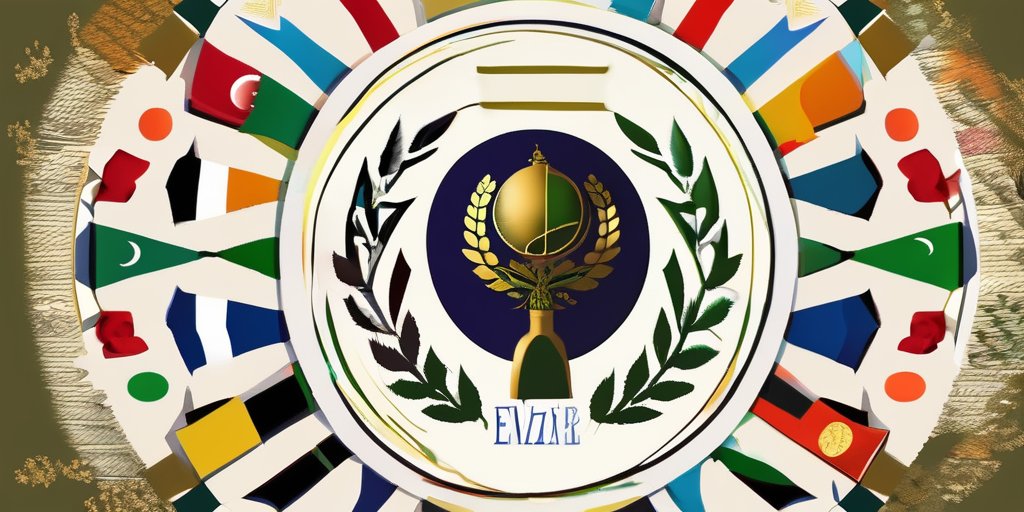In a surprising turn of events, Pakistan has officially announced its intention to nominate former US President Donald Trump for the Nobel Peace Prize, crediting him with playing a significant role in negotiating a ceasefire during the recent India-Pakistan crisis. The announcement comes as the Nobel Committee prepares to select this year’s recipient in October.
The Pakistani government expressed that Trump’s efforts served as a “decisive diplomatic intervention” and acknowledged his pivotal leadership during the tumultuous period last month, which saw four days of fierce fighting between the two nuclear-armed nations. Trump’s administration had previously indicated that a ceasefire could pave the way for an improvement in US-India relations, albeit amidst controversy regarding the level of US involvement as a mediator.
On social media platform X, the Pakistani officials stated, “President Trump demonstrated great strategic foresight and stellar statesmanship through robust diplomatic engagement with both Islamabad and New Delhi, which de-escalated a rapidly deteriorating situation. This intervention stands as a testament to his role as a genuine peacemaker.”
While Pakistan applauded the move, India has firmly denied any claims of US mediation in the recent hostilities. Nonetheless, Trump has repeatedly touted the ceasefire, implying that leverage from trade discussions led to the resolution. He was quoted saying, “I said, ‘Come on, we’re going to do a lot of trade with you guys. Let’s stop it.'”
Responses to the nomination have spurred polarized views among Pakistani political figures. Mushahid Hussain, a former chair of the Senate Defence Committee, supported the nomination, suggesting it may appeal to Trump’s “ego” while reinforcing the notion that his approach is favorable for Pakistan. In stark contrast, Maleeha Lodhi, former ambassador to the US, criticized the decision as “unfortunate,” implying it risks compromising Pakistan’s national dignity given Trump’s controversial foreign policy decisions, particularly regarding Israel.
Despite the praise and criticism, Trump took to Truth Social, declaring, “No, I won’t get a Nobel Peace Prize no matter what I do,” regardless of his past declarations on his peacekeeping intentions regarding conflicts like those in the Russia-Ukraine and Israel-Gaza situations. During his presidency, Trump has often complained about Barack Obama winning in 2009, believing it was undeserved so early in his tenure, even calling for the Nobel Committee to rescind the award years later.
As the Nobel committee prepares for their forthcoming decisions, the implications of Trump’s nomination remain a riveting topic for both supporters and detractors alike, providing insight into the complexities of international diplomacy today.
